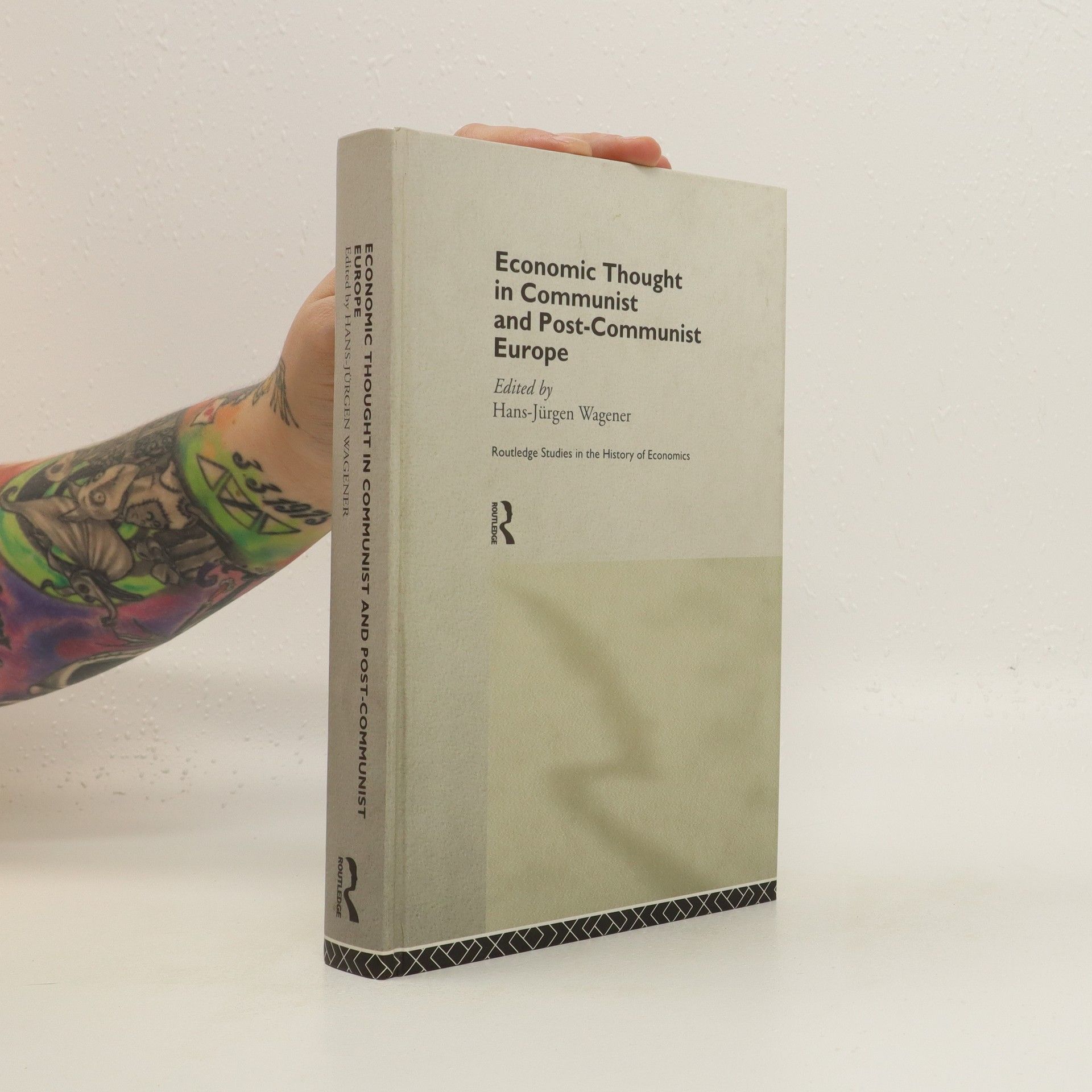Více o knize
The economic thought, based on Marxist philosophy, which formed theoretical underpinning of centrally planned socialist economies, was peculiar to the Soviet and eastern European region, and was radically different from mainstream western thought. Written by east European scholars, this volume provides an overview of 50 years of economic thinking under communist rule in Europe and during the first phase of post-communist trnasformation. It also provides an analytical assessment of the impact of economic science on the reform and transition process. The book includes six country-specific studies, for Russia, Poland, Hungary, former Czechoslovakia, Eastern Germany and the former Yugoslavia. Each one surveys the relevant literature and its interaction with the development of the socialist and post-socialist economic system in the period 1945-1996.
Nákup knihy
Economic Thought in Communist and Post-Communist Europe, Hans-Jürgen Wagener
- Jazyk
- Rok vydání
- 1998
- product-detail.submit-box.info.binding
- (pevná)
Doručení
Platební metody
Nikdo zatím neohodnotil.



